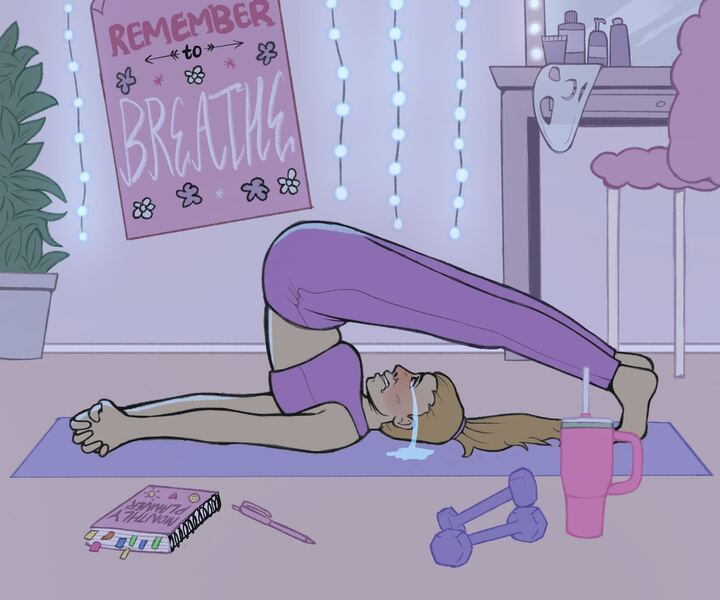Ever wanted to major in male studies?
The new academic discipline may eventually be legitimized at universities and colleges nationwide.
Leading scholars “”concerned about today’s men and boys”” will come together at Wagner College on April 7 to plan for the Male Studies program, according to malestudies.org and a Washington Post report.
There’s not a whole lot of information available on this endeavor, yet dozens of online commentators have voiced their incorrigible opposition to the prospect of a male studies program in academia. Many argue that this sort of program is completely unwarranted and unearned, especially since there’s enough education on men in all areas of study.
Plus, women are still working hard to establish professional lives and careers. More than anything, men will absolutely never understand the level of humiliation and violation that women experience when being victim of sexual harassment, and women are sexually harassed far more often than men.
Regardless of the fact that women still struggle for equality, a male studies major would by no means destroy the academic world, nor would it tarnish Women’s Studies courses. Male Studies could be useful for both sexes, particularly those interested in learning more about the psychology and inner workings of men.
The scholars seek to open up a discussion of the challenges that men in today’s society face. For one, there is a 57-43 female majority in academic institutions, according to the recent “”Gender Equity in Higher Education: 2010″” report, so there are more women than men in higher educational settings everywhere. These kinds of statistics cannot be encouraging to prospective college males.
The Male Studies Web site itself describes the program as such: “”It will encompass a broad range of topics relevant to the study of boys and men in contemporary society ranging from their roles in the family and workforce … to the growing problem of misandry — the hatred of males, an unacknowledged but underlying socio-cultural, economic, political and legal phenomenon endangering the well-being of both genders.””
Males studies aims to be a comprehensive study of males of all ages, which include the male human being, men and boys. The program itself wouldn’t be limited to simply grown men, unlike if the program were named a Men’s Studies major.
The scholars do not plan on merely praising the male species. The curriculum intends to focus on “”the documented deterioration of boys’ engagement and performance in education at all levels, and the remarkable extent of suicide among males as compared to females.”” The Male Studies Web site also recognizes that “”certain psychological disorders that are for the most part identified in young males deserve our attention.”” Such studies could be useful for psychologists, sociologists, researchers and citizens everywhere who want to learn more about this specific topic.
There’s a lot to be said about gender relations and studies, but there is no harm in exploring the lives of men and boys, masculinity and males in today’s culture compared with their historical standpoint. Such a program will not cheapen the progression of a Women’s Studies department, as many seem to fear. It’s time to give males a distinct voice in academia.
—Laura Donovan is a creative writing senior.
She can be reached at letters@wildcat.arizona.edu.








